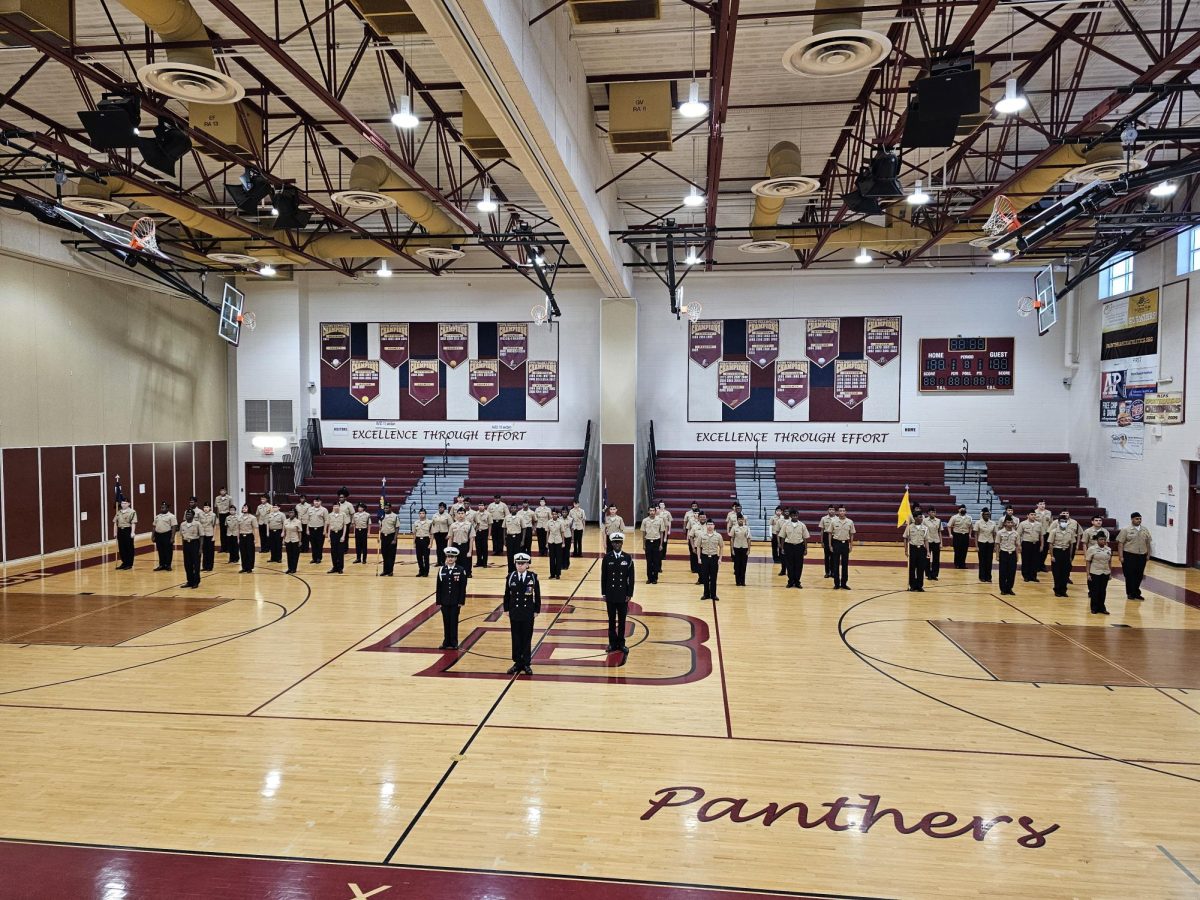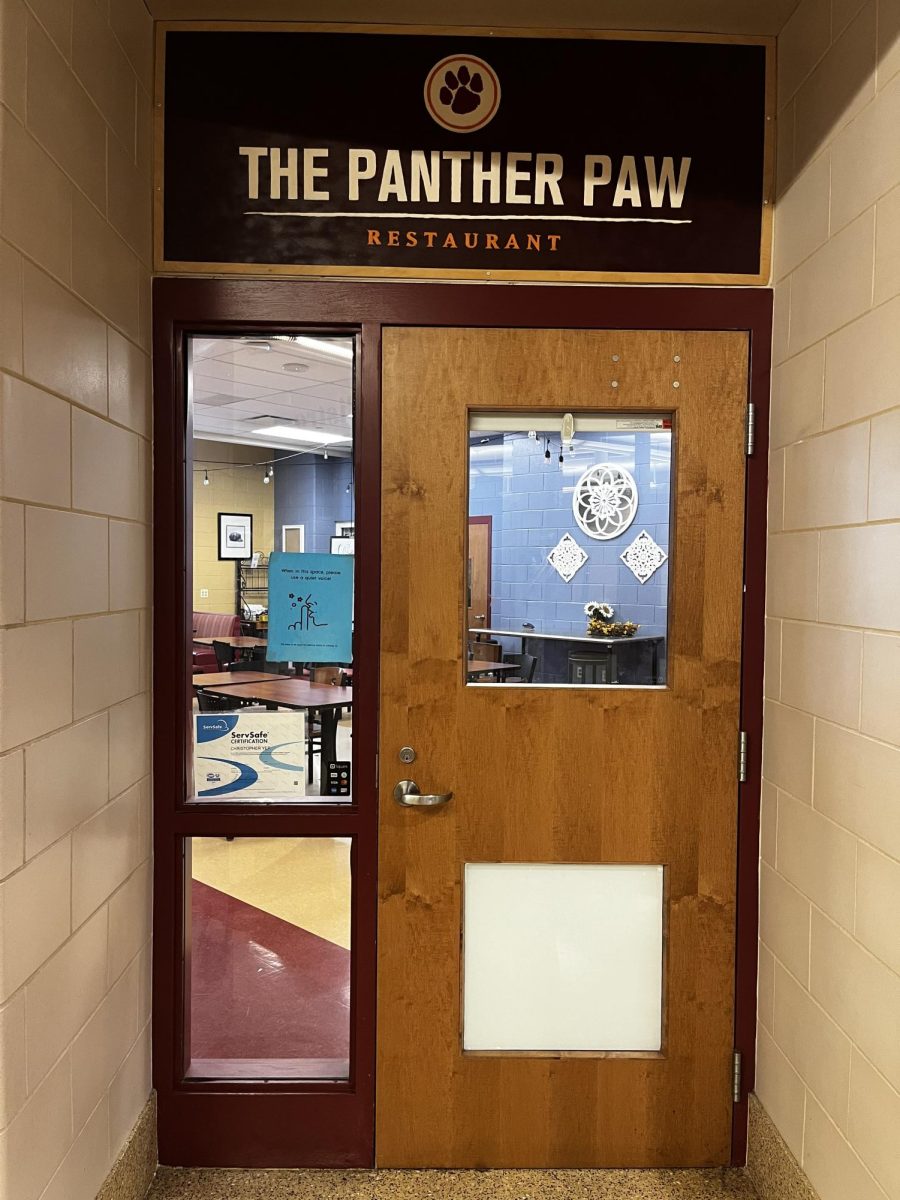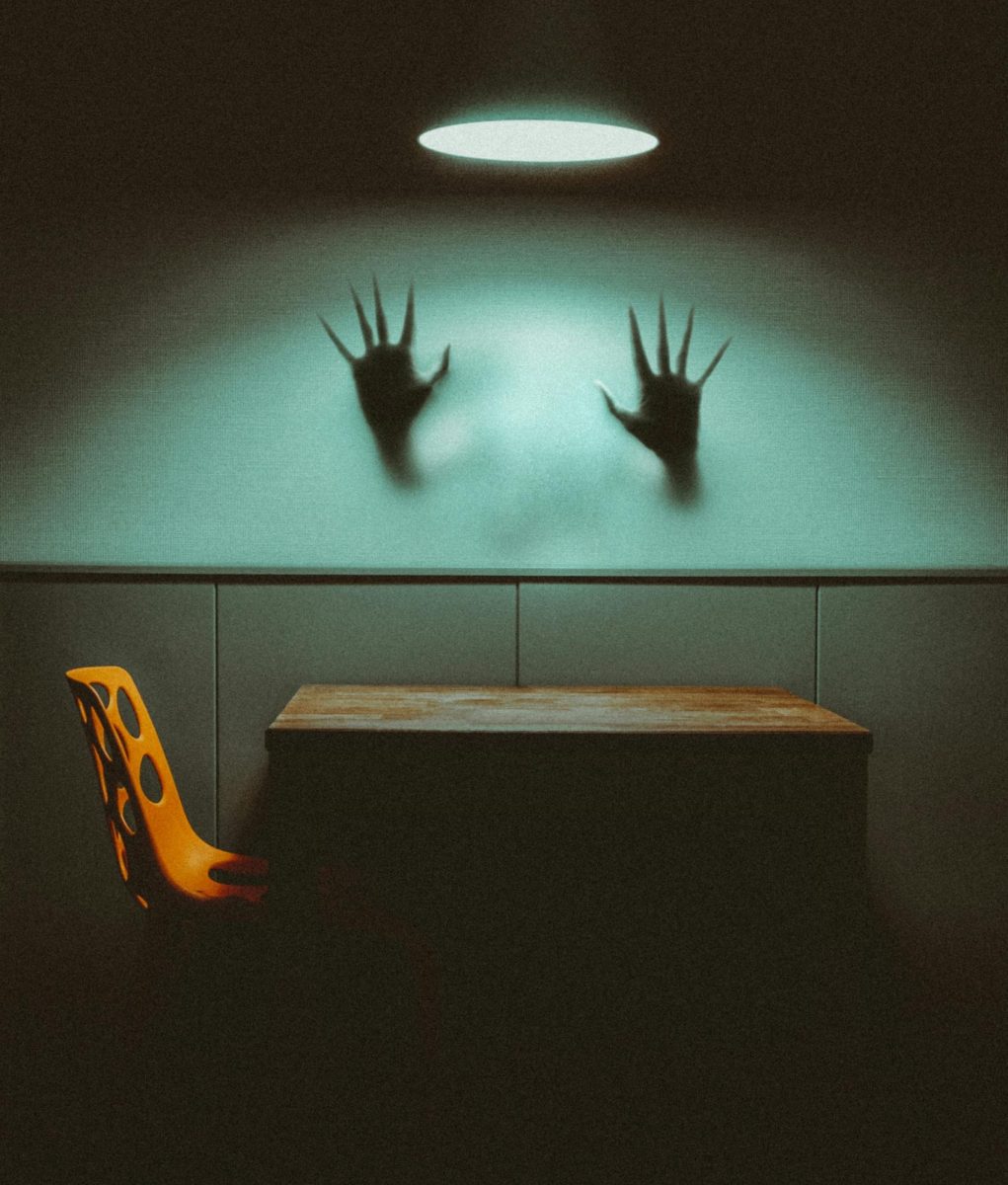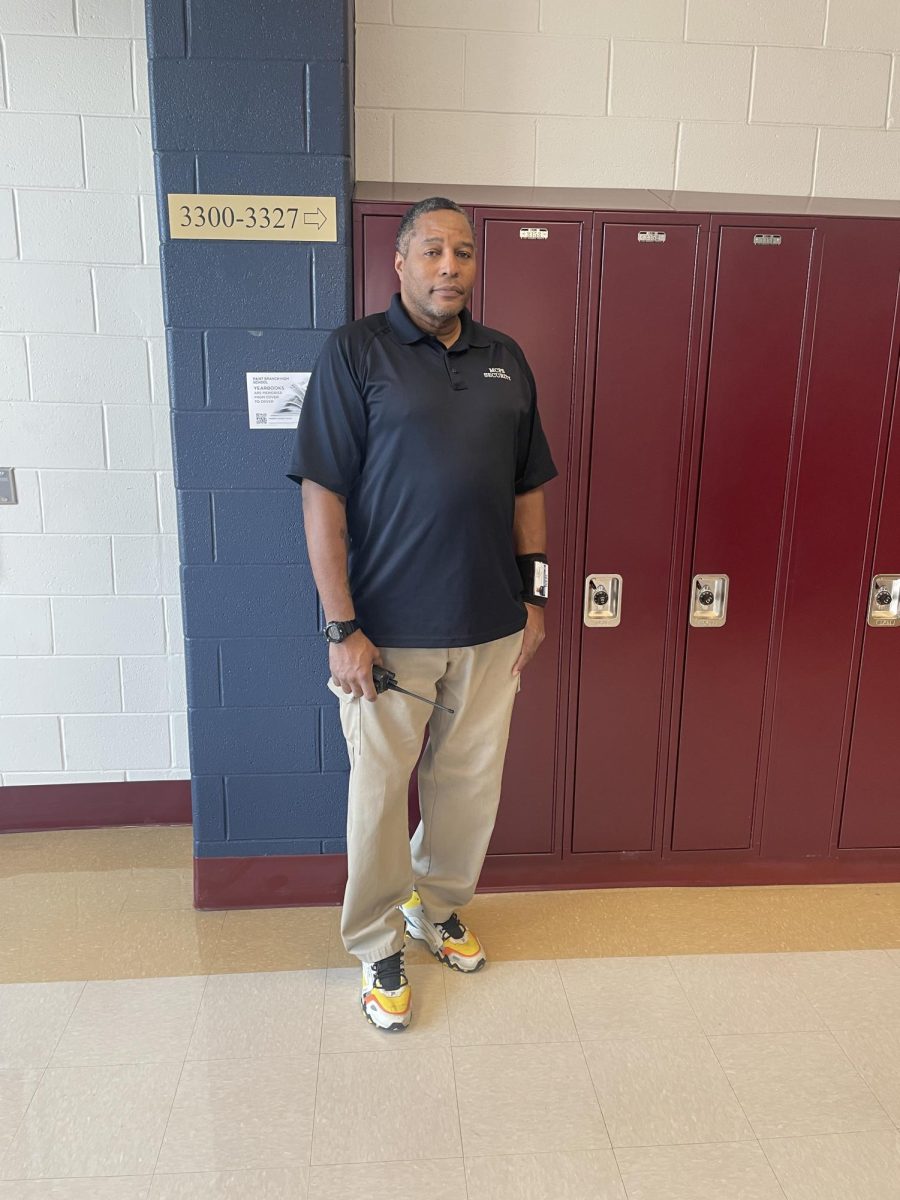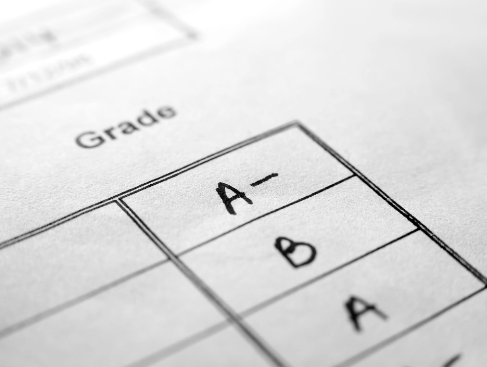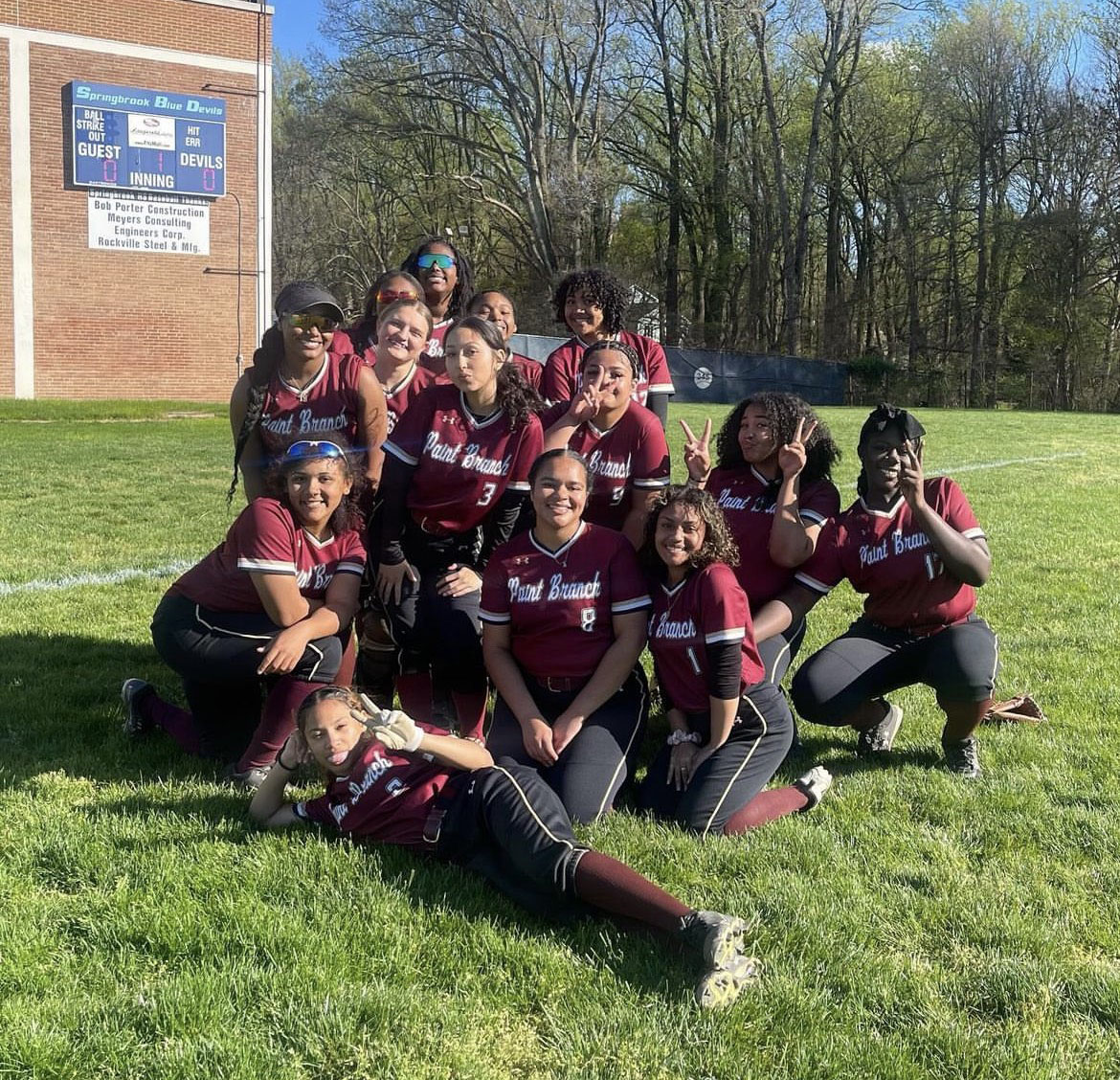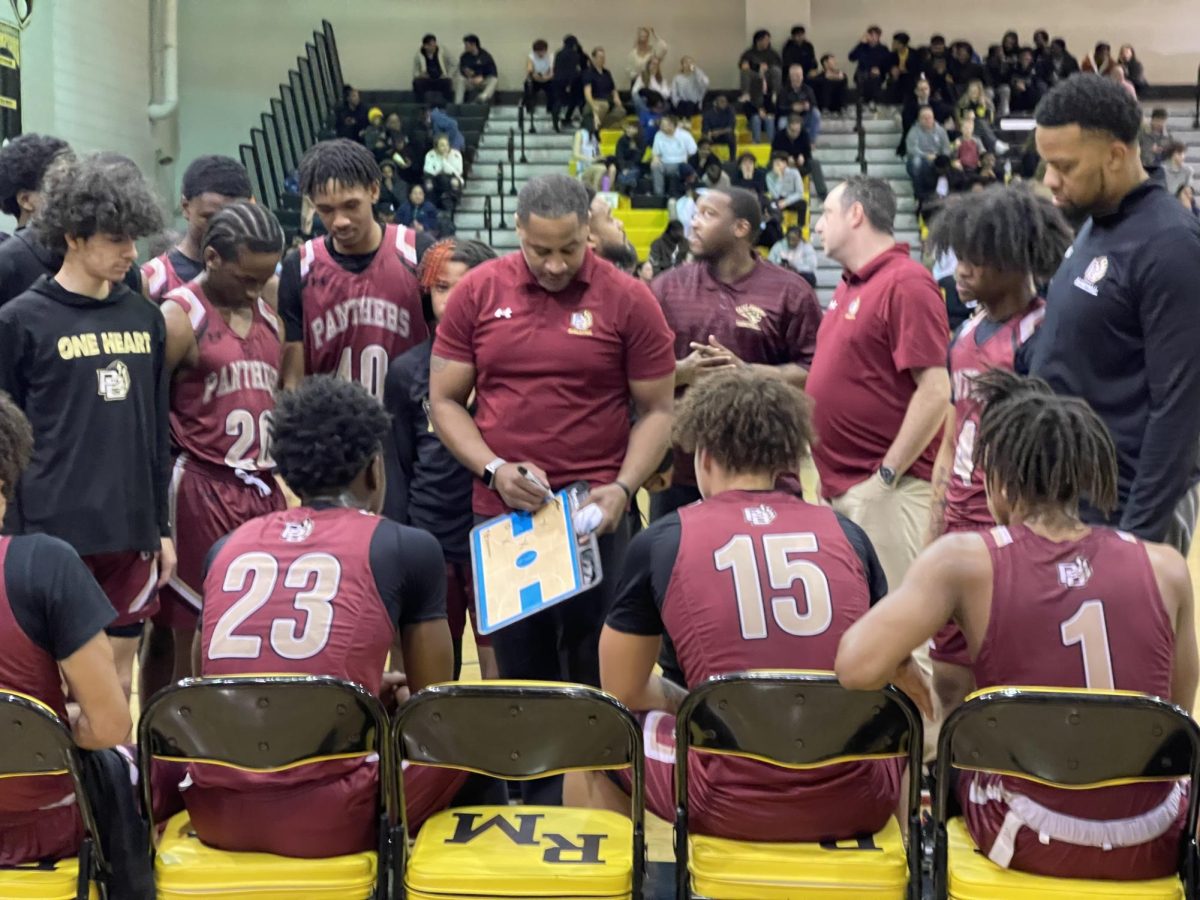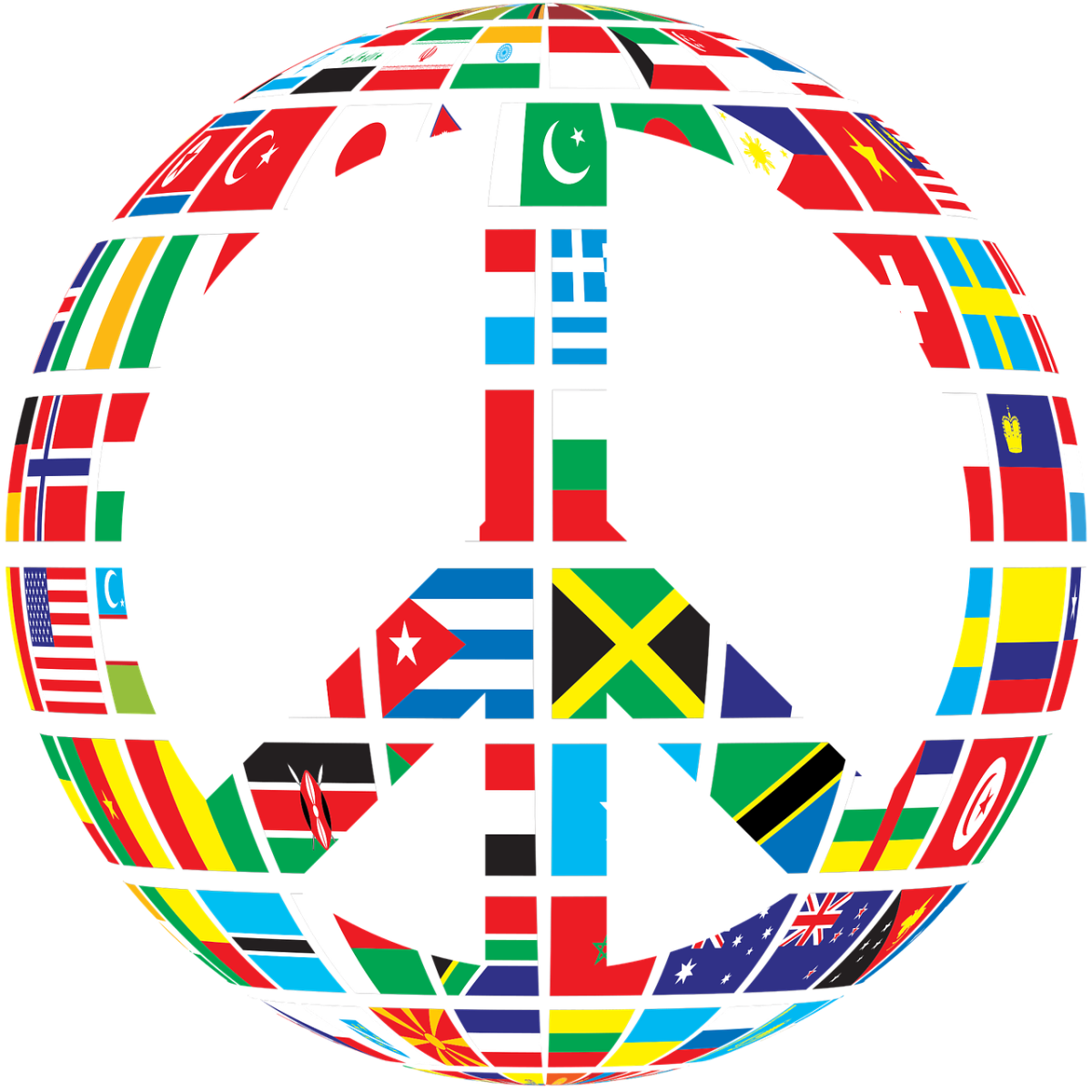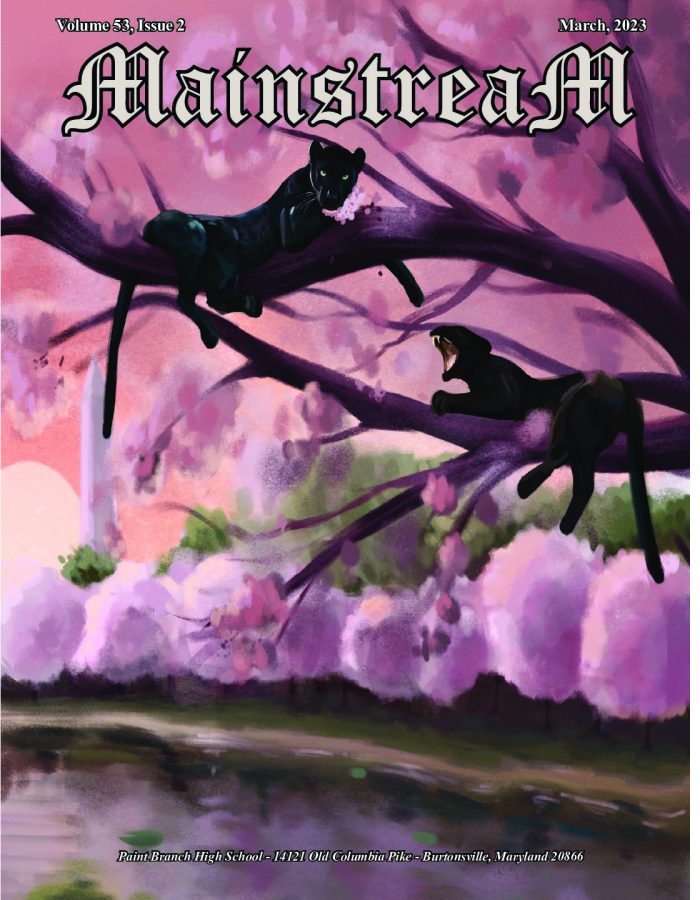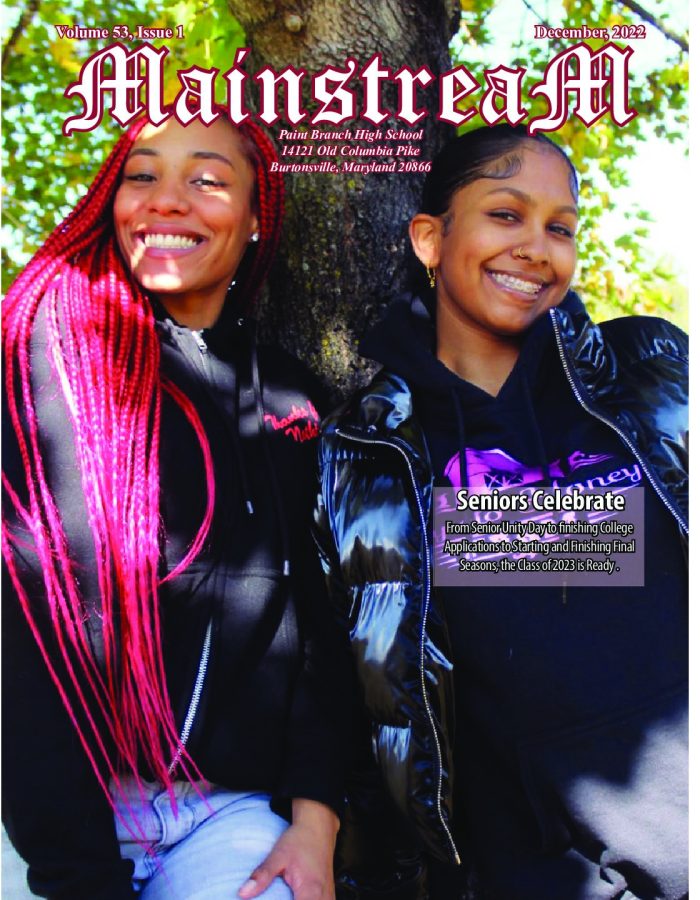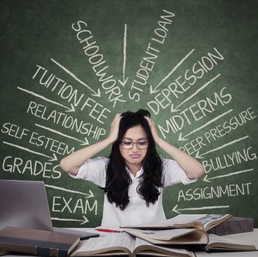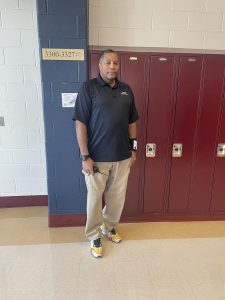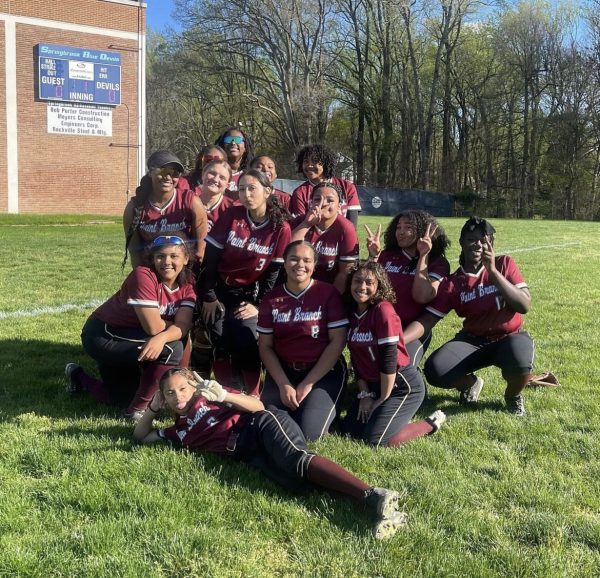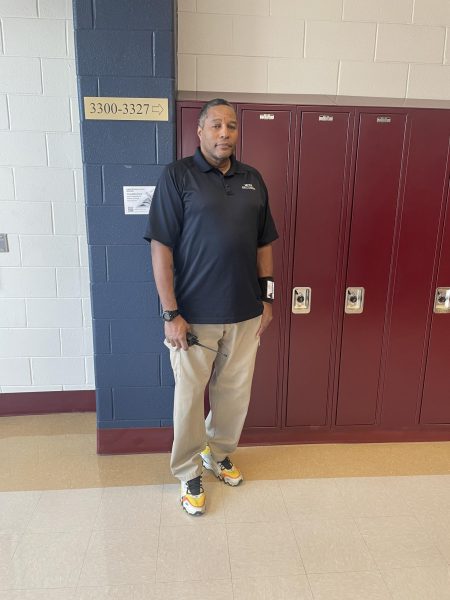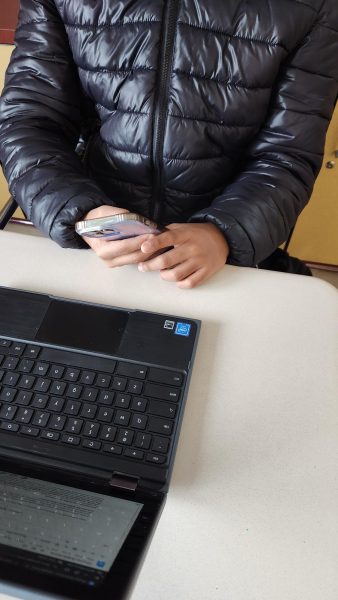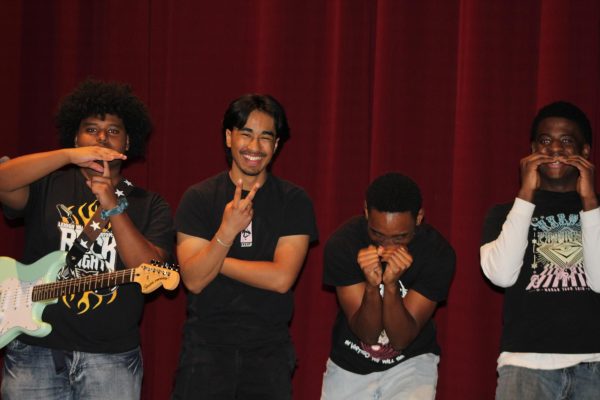Music Appreciation
October 28, 2021
Whether it’s during a workout, studying, or trying to fall asleep, many people use music in their lives regularly. On the surface, there might not seem to be any practical use for music other than entertainment, which leads one to wonder – what really is the value of music?
Music is, at its core, an evolutionary tool. Humans have used music for tens of thousands of years for different purposes such as rituals, celebrations, and storytelling. In the modern world music continues to be a fundamental part of everyday life, serving various purposes. As more artists push the boundaries of music creation and build new understandings of its possibilities, the world is able to use music for almost anything imaginable.
Creativity is arguably one of the most efficient exercises to help form new pathways in the brain. Creating new ideas from scratch and assembling them in a form of expression not only forces the creator to think more abstractly, but also allows them to better understand themselves as individuals. The creation of music is an incredibly intimate and personalized experience, and each person can take from it different lessons of value. John L. Hennessy, a former president of Stanford University, speaks about artistic expression in his address to the Academic Council at the prestigious university in 2006. Hennessy states, “In addition to the role of the arts in fostering creative thinking, the arts give us a venue for dealing with the complexities and ambiguities of human existence.” Artistic expression, such as the creation of music, has the potential to open oneself up to experiencing the full range of human emotion. It offers an intimate connection with self that is difficult to achieve through more concrete activities.
Music is an incredibly efficient way to counteract stress. When experiencing difficulties in life, many people find that certain types of music bring a relaxing effect, helping them to be calm and push through their circumstances. Gabe Turow, a scholar involved in the Stanford Institute for Creativity and the Arts, expresses his praise for the use of music when dealing with emotional struggles. He notes, “We may be sitting on one of the most widely available and cost effective therapeutic modalities that ever existed…Listening to music seems to be able to change brain functioning to the same extent as medication, in many circumstances.” In fact, music is becoming more popular in clinical therapies than ever before.
Music has been used to treat a variety of conditions such as heart issues, Alzheimer’s disease, and depression. Sam Hawgood, Chancellor of the University of California San Francisco, notes that, “Music is often linked to moods and certain songs can make individuals feel a variety of emotions from happy, calm, energetic or relaxed.” The Cleveland Clinic also observes that, “Music therapy is an evidence-based treatment that helps with a variety of disorders including cardiac conditions, depression, autism, substance abuse and Alzheimer’s disease. It can help with memory, lower blood pressure, improve coping, reduce stress, improve self-esteem and more.”
For me, music is key in the areas of creativity, emotion, and therapy. The impact music has on my life goes far beyond just relaxation or enjoyment; it is healing. The ability to use music as a tool to cope with life is one of the very things that makes life worth it. The beauty found in music can’t be replicated through any other medium. My hope is that you find your music, find your song, artist, genre – whatever it takes to let music do for you what it does for so many.


